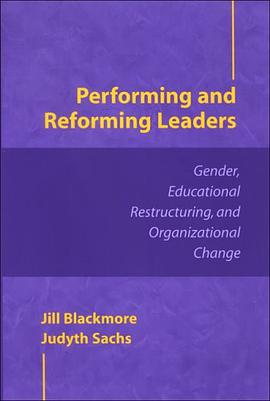

具體描述
The nineteenth-century Metis politician and mystic Louis Riel has emerged as one of the most popular - and elusive - figures in Canadian culture. Since his hanging for treason in 1885, the self-declared David of the New World has been depicted variously as a traitor to Confederation; a French-Canadian and Catholic martyr; a bloodthirsty rebel; a pan-American liberator; a pawn of shadowy white forces; a Prairie political maverick; a First Nations hero; an alienated intellectual; a victim of Western industrial progress; and even a Father of Confederation.Albert Braz synthesizes the available material by and about Riel, including film, sculpture, and cartoons, as well as literature in French and English, and analyzes how an historical figure could be portrayed in such contradictory ways. In light of the fact that most aesthetic representations of Riel bear little resemblance not only to one another but also to their purported model, Braz suggests that they reveal less about Riel than they do about their authors and the society to which they belong. The most comprehensive treatment of the representations of Louis Riel in Canadian literature, The False Traitor will be a seminal work in the study of this popular Canadian figure.
著者簡介
圖書目錄
讀後感
評分
評分
評分
評分
用戶評價
相關圖書
本站所有內容均為互聯網搜索引擎提供的公開搜索信息,本站不存儲任何數據與內容,任何內容與數據均與本站無關,如有需要請聯繫相關搜索引擎包括但不限於百度,google,bing,sogou 等
© 2025 book.quotespace.org All Rights Reserved. 小美書屋 版权所有




















